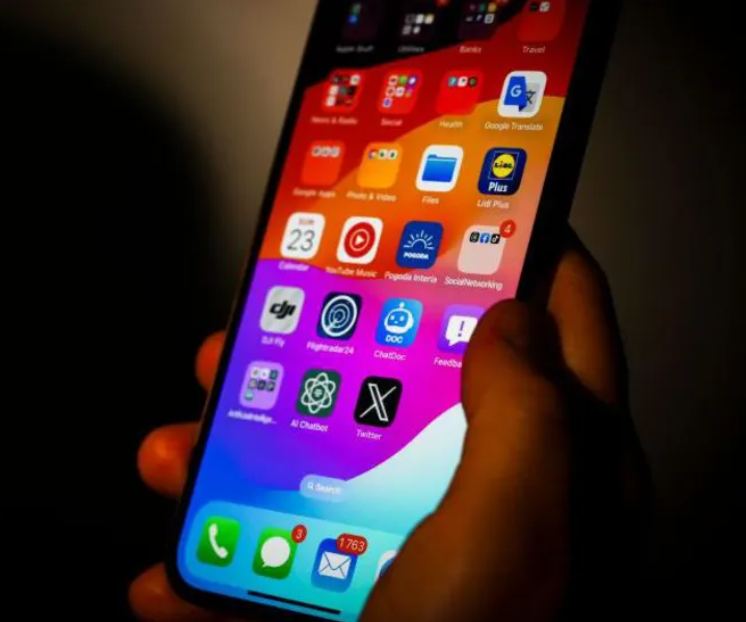Our smartphones are becoming increasingly intelligent, but what about the networks they operate on?
Recently, Apple announced the integration of artificial intelligence (AI) into its devices with the new AI-powered operating system, Apple Intelligence. This update aims to enhance user experience by making devices easier and faster to use, and by transforming Siri into an even more capable personal assistant. Apple’s move follows similar advancements by Samsung’s Galaxy AI and Google’s Gemini AI for Pixel phones.
This surge in AI utilization means that mobile phones will perform more complex computations and generate greater amounts of data, consequently placing more demand on mobile networks. UK operators like O2, EE, Vodafone, and Three are among those needing to adapt. To address this, these telecom firms are also turning to AI, according to Ian Fogg, Director of Network Innovation at CCS Insight.
“Network operators are leveraging AI to dynamically manage radio frequencies, ensuring optimal service levels and efficiently managing cell towers to conserve energy during low demand periods,” explains Fogg.
The global adoption of AI in network management is evident. In South Korea, Korea Telecom uses AI-enabled network monitoring to pinpoint and resolve issues within a minute. Meanwhile, in the US, AT&T employs predictive AI algorithms to foresee and address potential network problems.
Vodafone, among other operators, utilizes AI digital twins—virtual replicas of real-world equipment—to continuously monitor network performance. Additionally, AI optimizes energy usage in data centers, managing the cooling and storage needs of the servers.
The increased data from AI advancements drives telecom companies to invest in 5G Standalone networks. These networks, built on dedicated 5G infrastructure, promise higher speeds and capacity than the upgraded 4G systems. However, experts suggest that even 5G Standalone may fall short of meeting AI’s future demands, with discussions at the Mobile World Congress in Barcelona highlighting the need for 6G, expected around 2028.
While users often notice network issues only when problems arise, they are acutely aware of customer service quality. The industry is thus turning to AI to enhance customer interactions. The Global Telco AI Alliance, comprising Deutsche Telekom, e&, Singtel, Softbank, and SK Telecom, aims to develop an AI chatbot tailored to telecom-specific customer queries. This AI will handle basic questions, allowing human agents to focus on more complex issues.
Vodafone, collaborating with Microsoft’s Azure OpenAI Service, is enhancing customer service through its digital assistant, Tobi. Interacting with over 40 million customers monthly across 13 countries in 15 languages, Tobi’s efficiency reduces the need for human intervention, thereby improving customer satisfaction and reducing follow-up calls.
“AI serves as a virtual assistant for humans,” says Scott Petty, Vodafone’s Chief Technology Officer. “It frees our employees from repetitive tasks, enabling them to engage in more creative activities that benefit our customers and the environment.” Early results show that AI assistance has doubled successful online customer interactions and cut follow-up calls by 10%.














